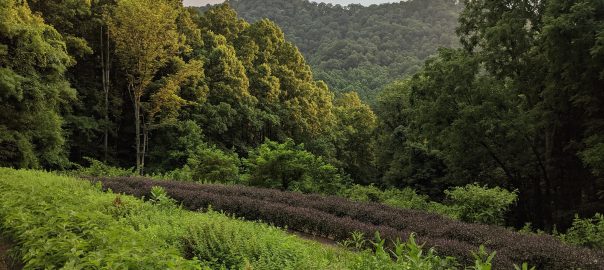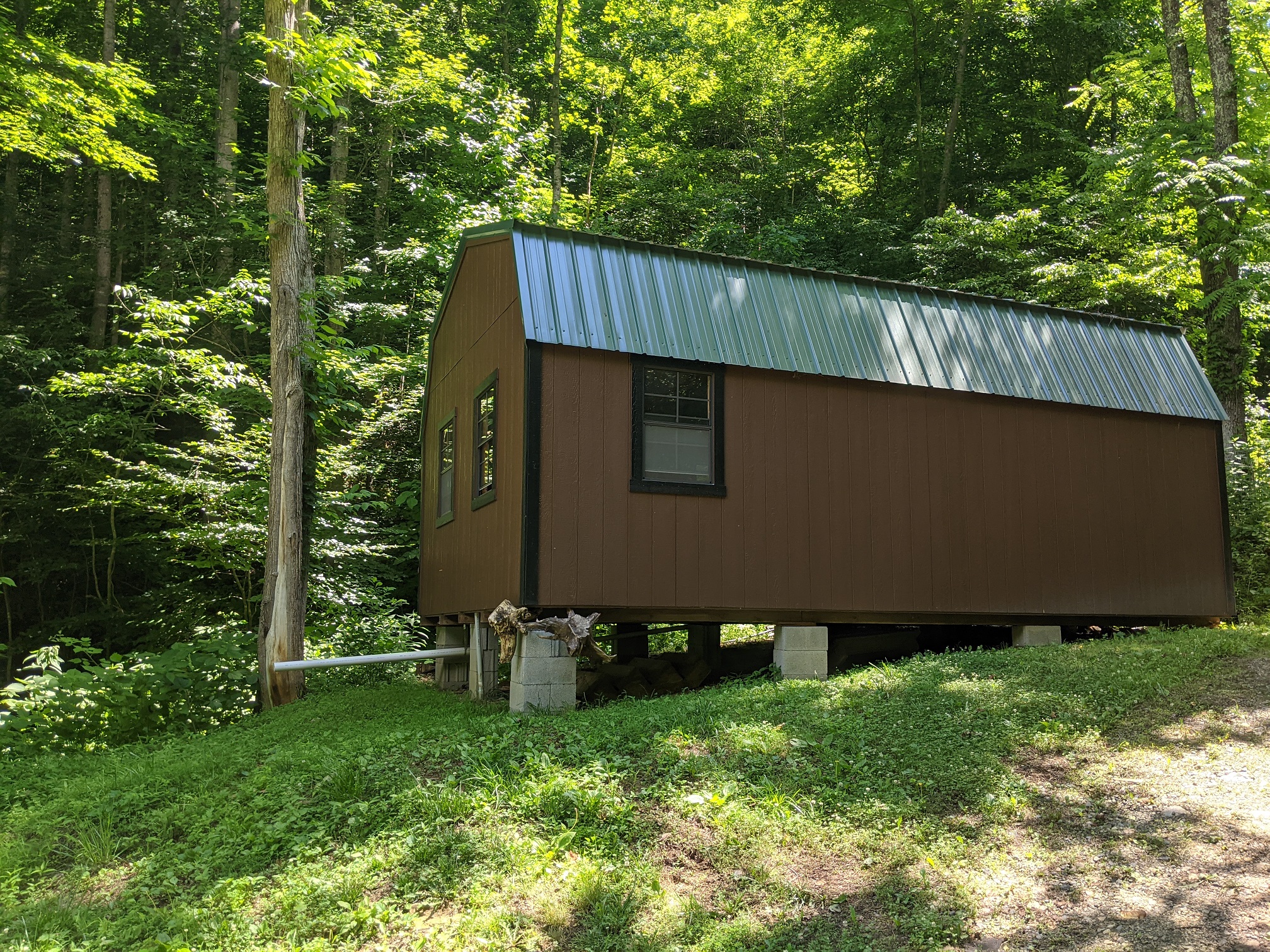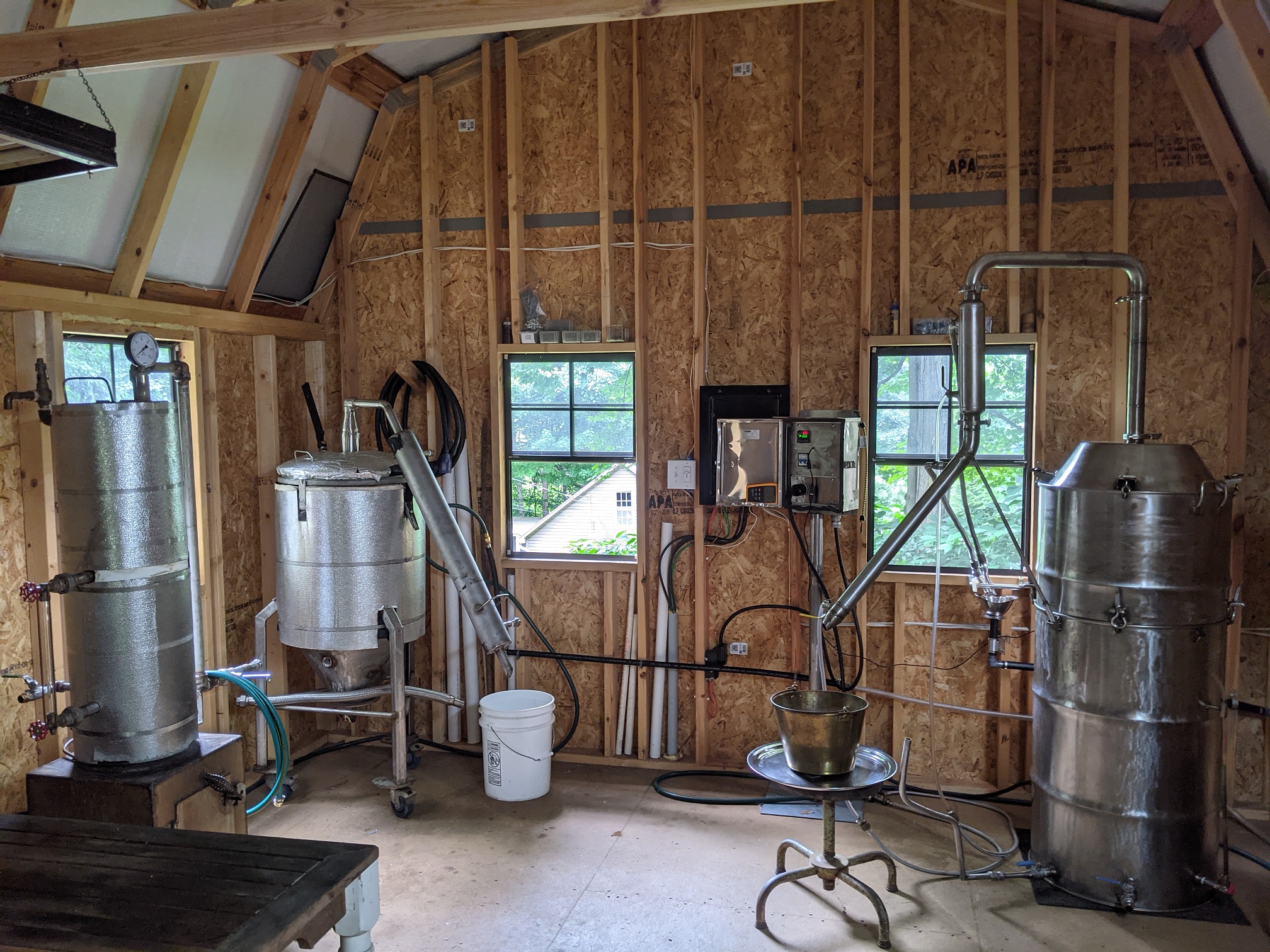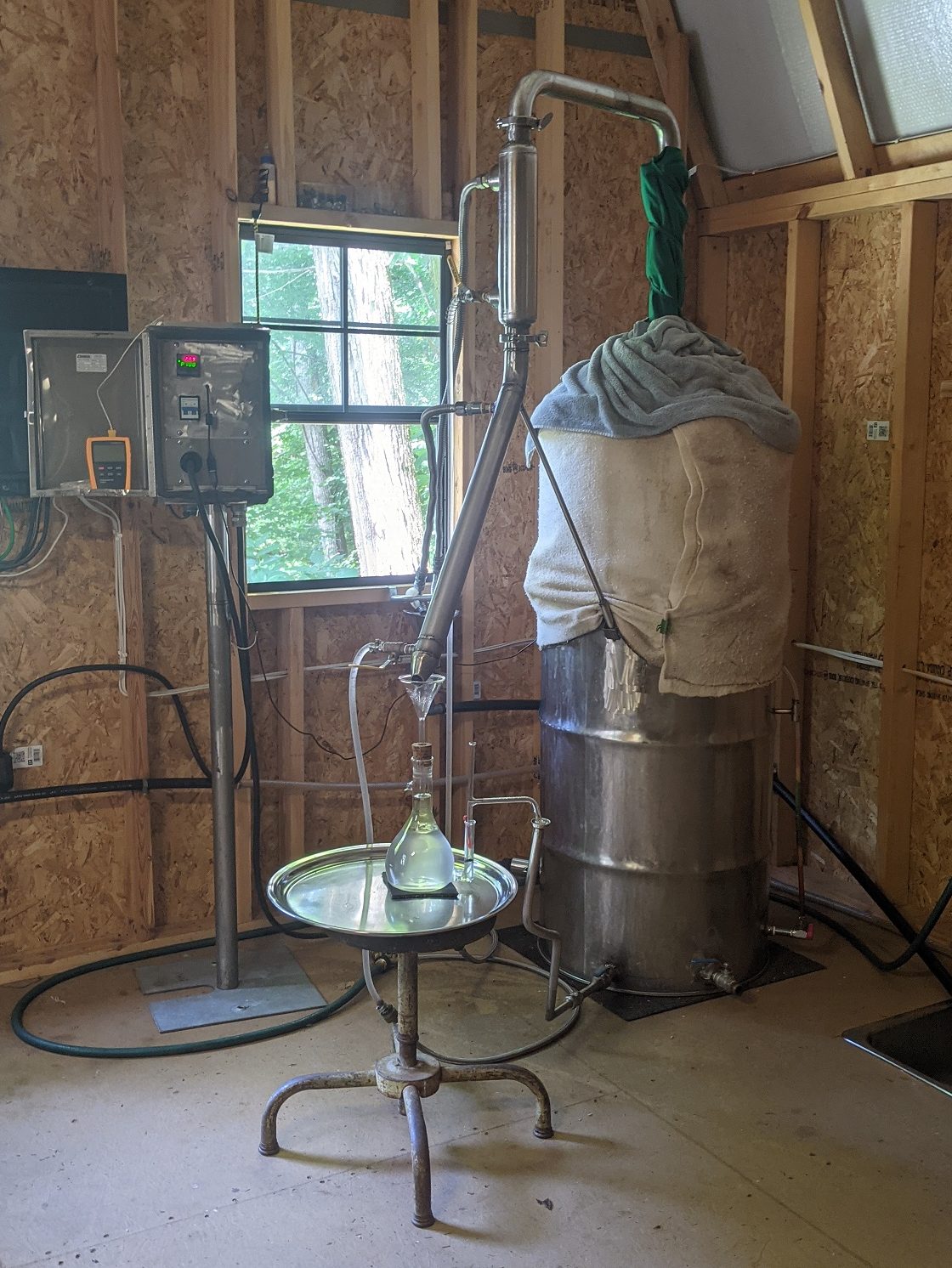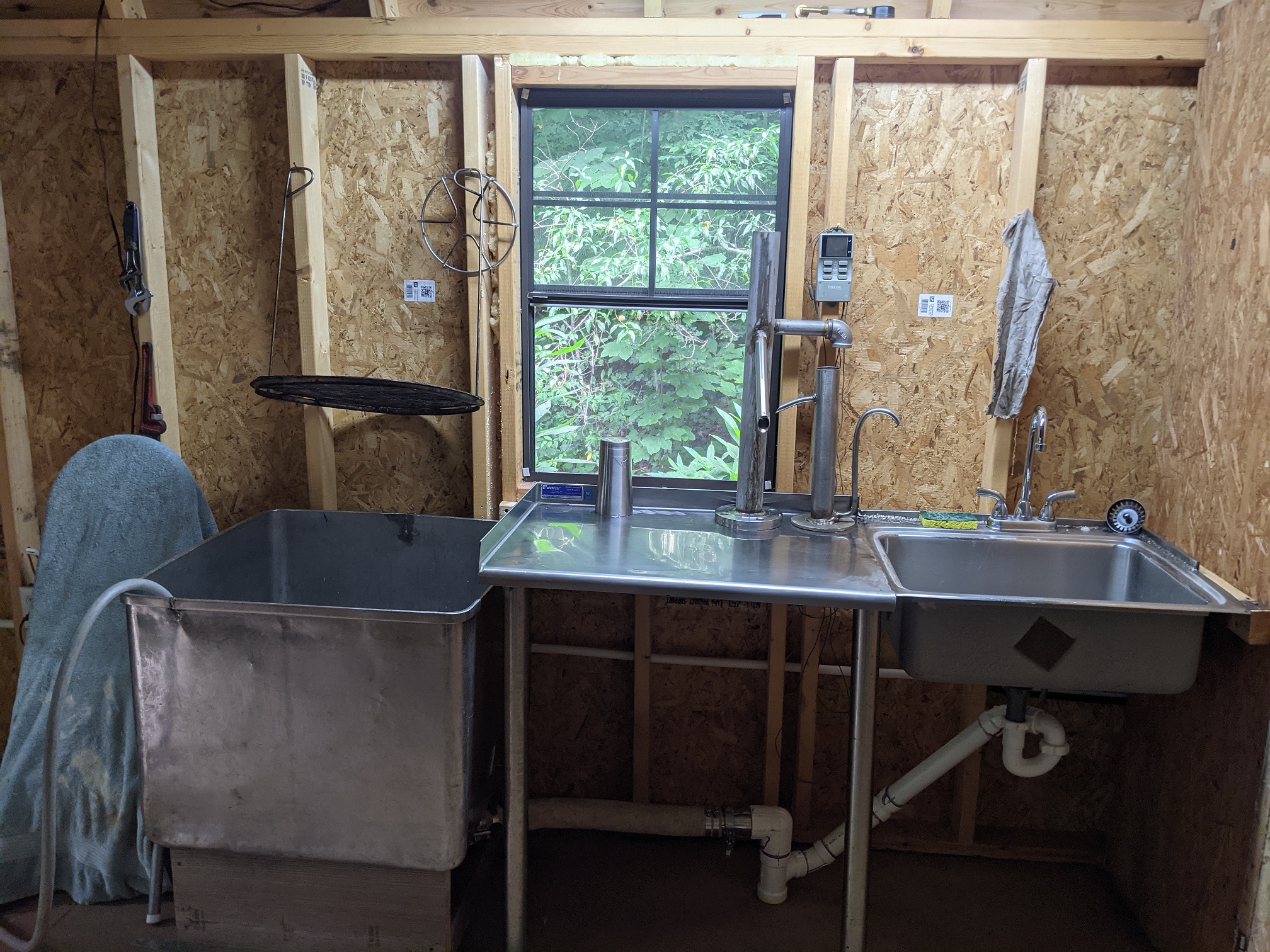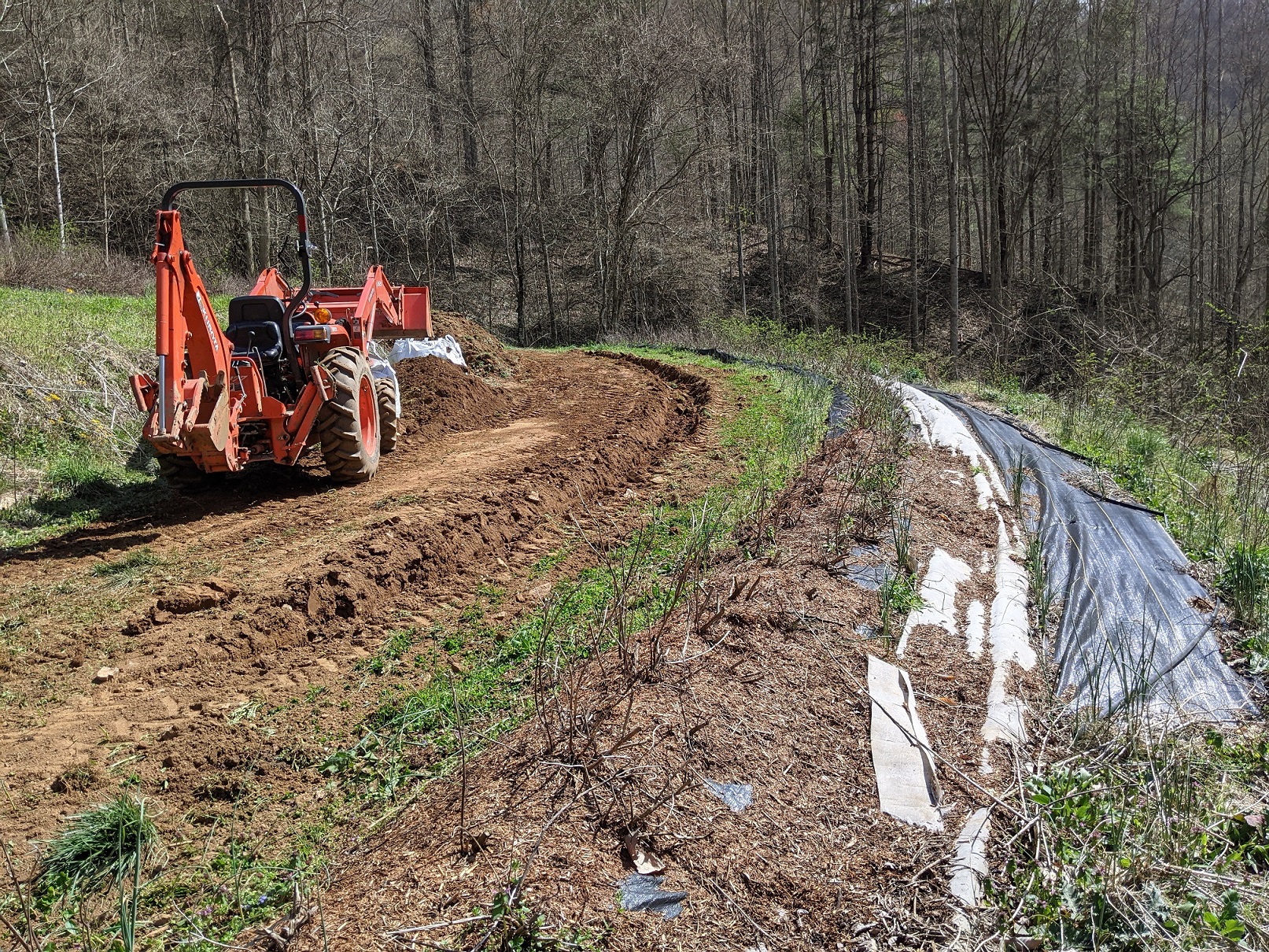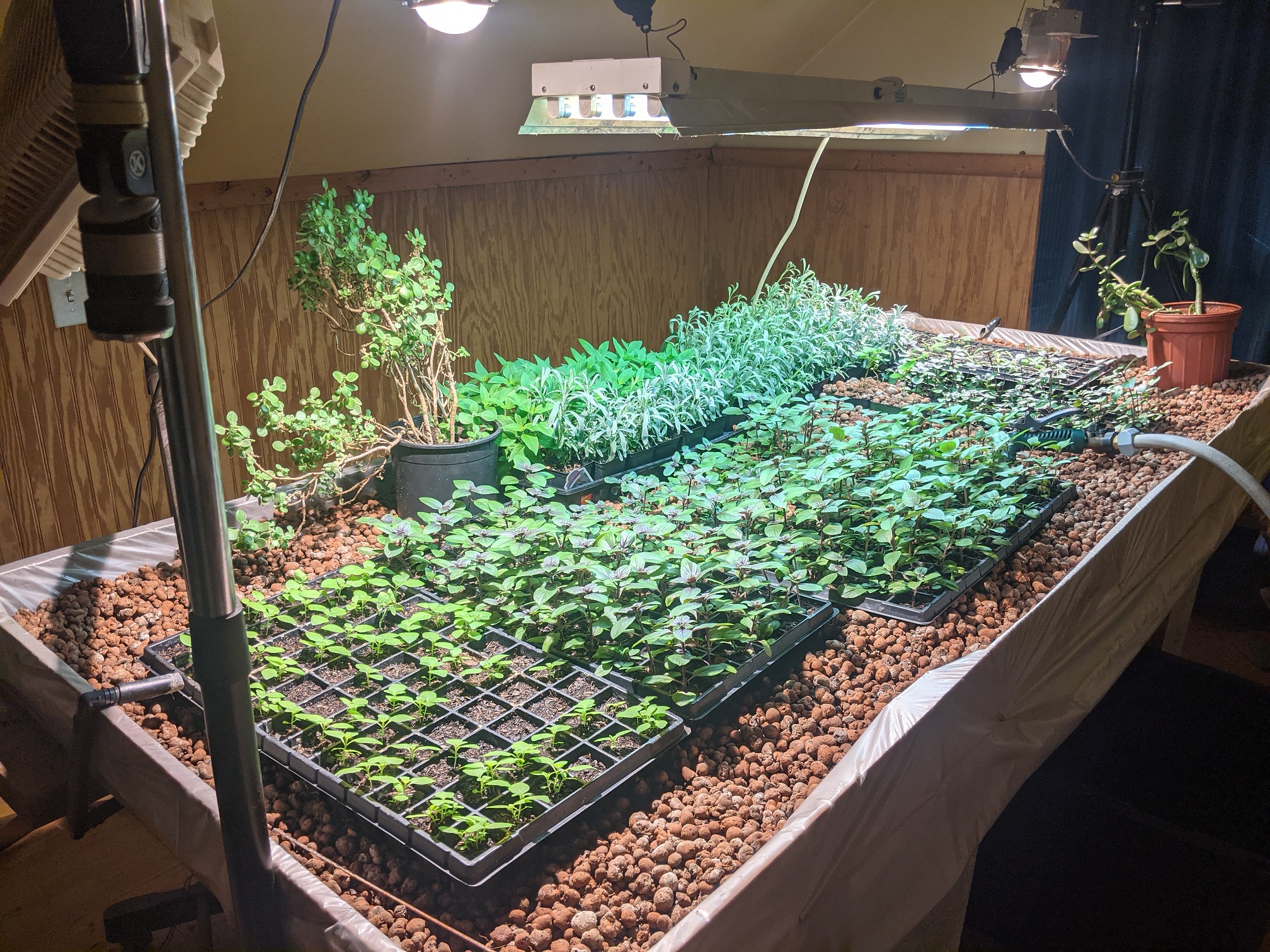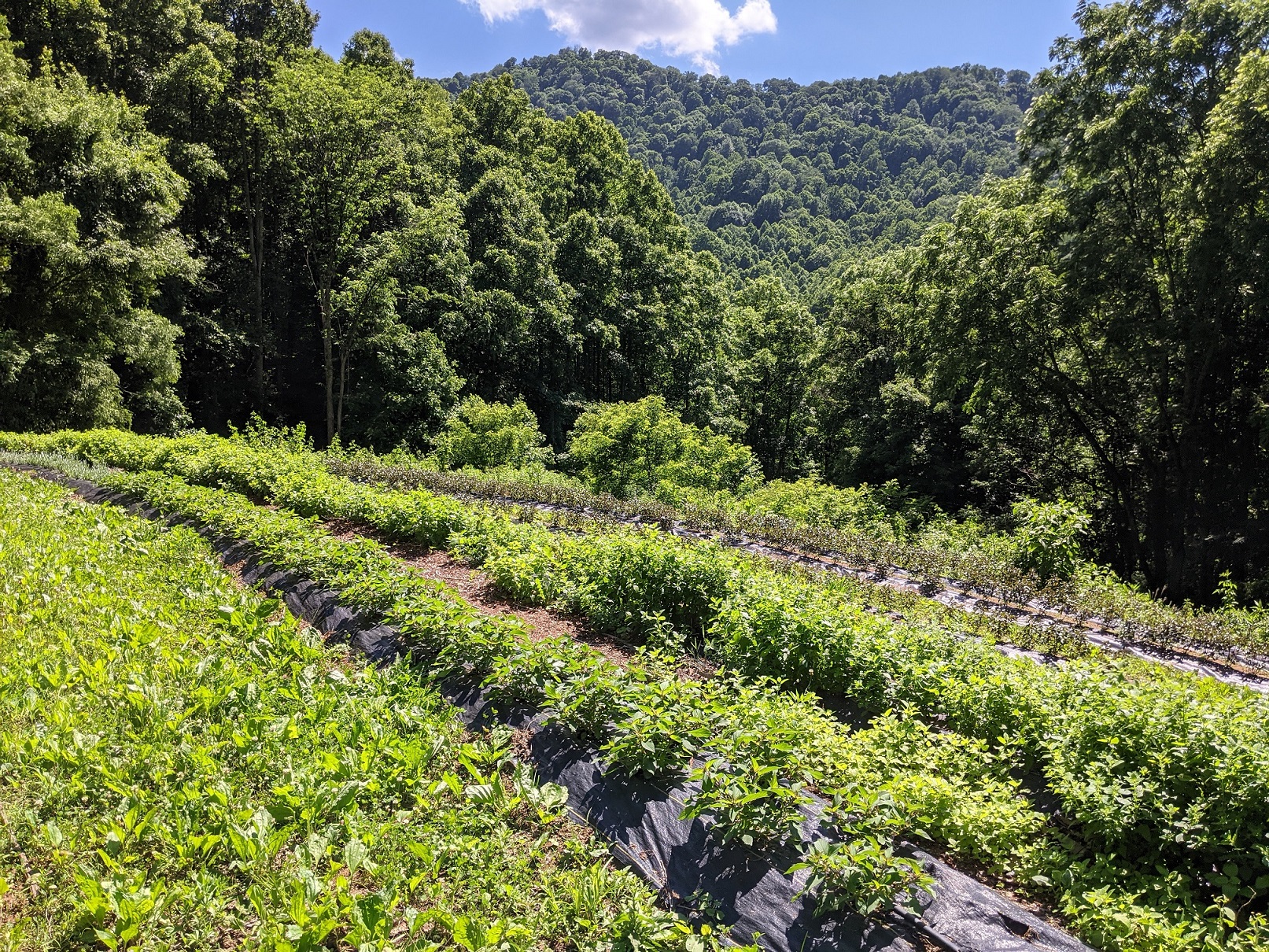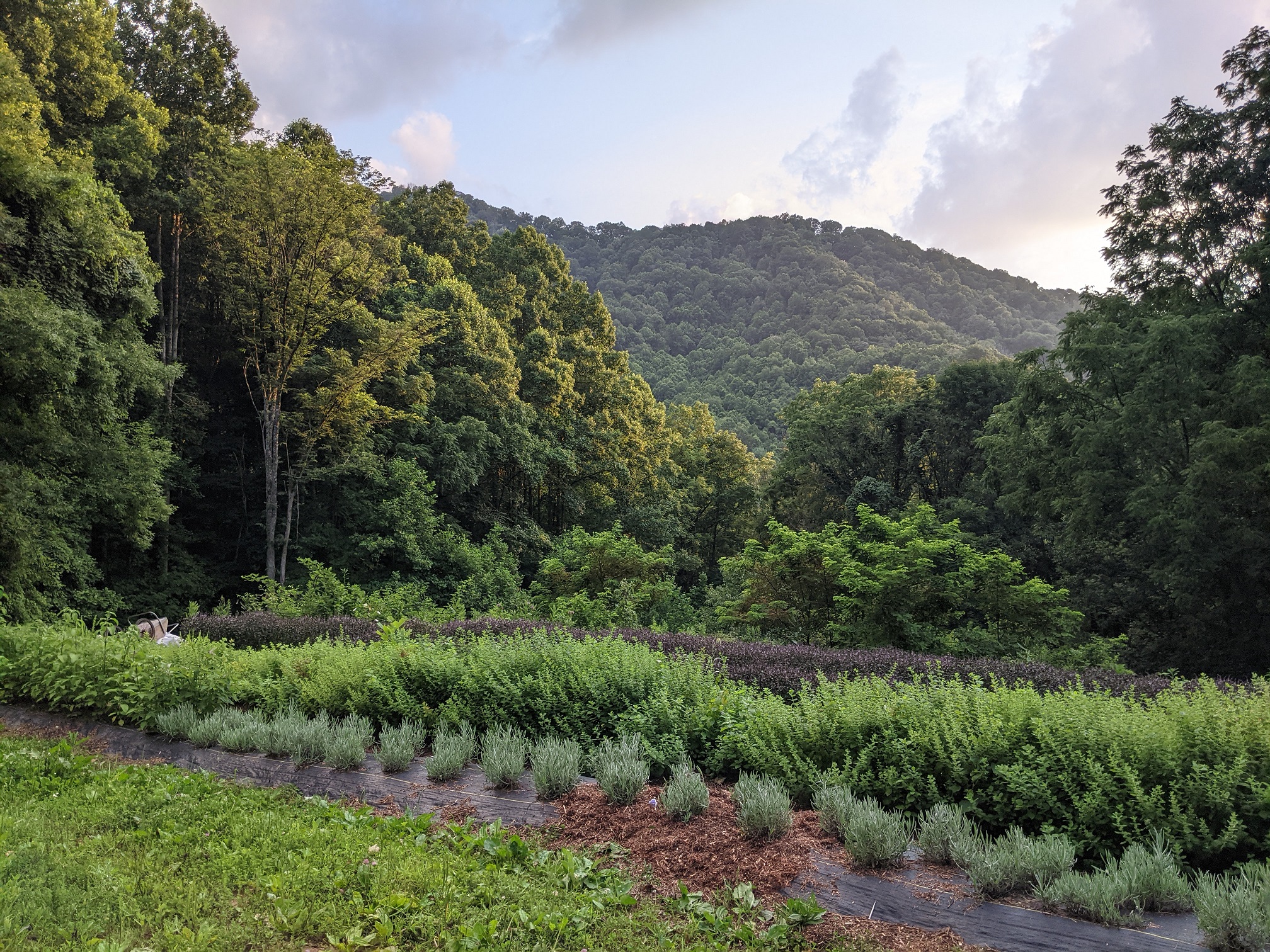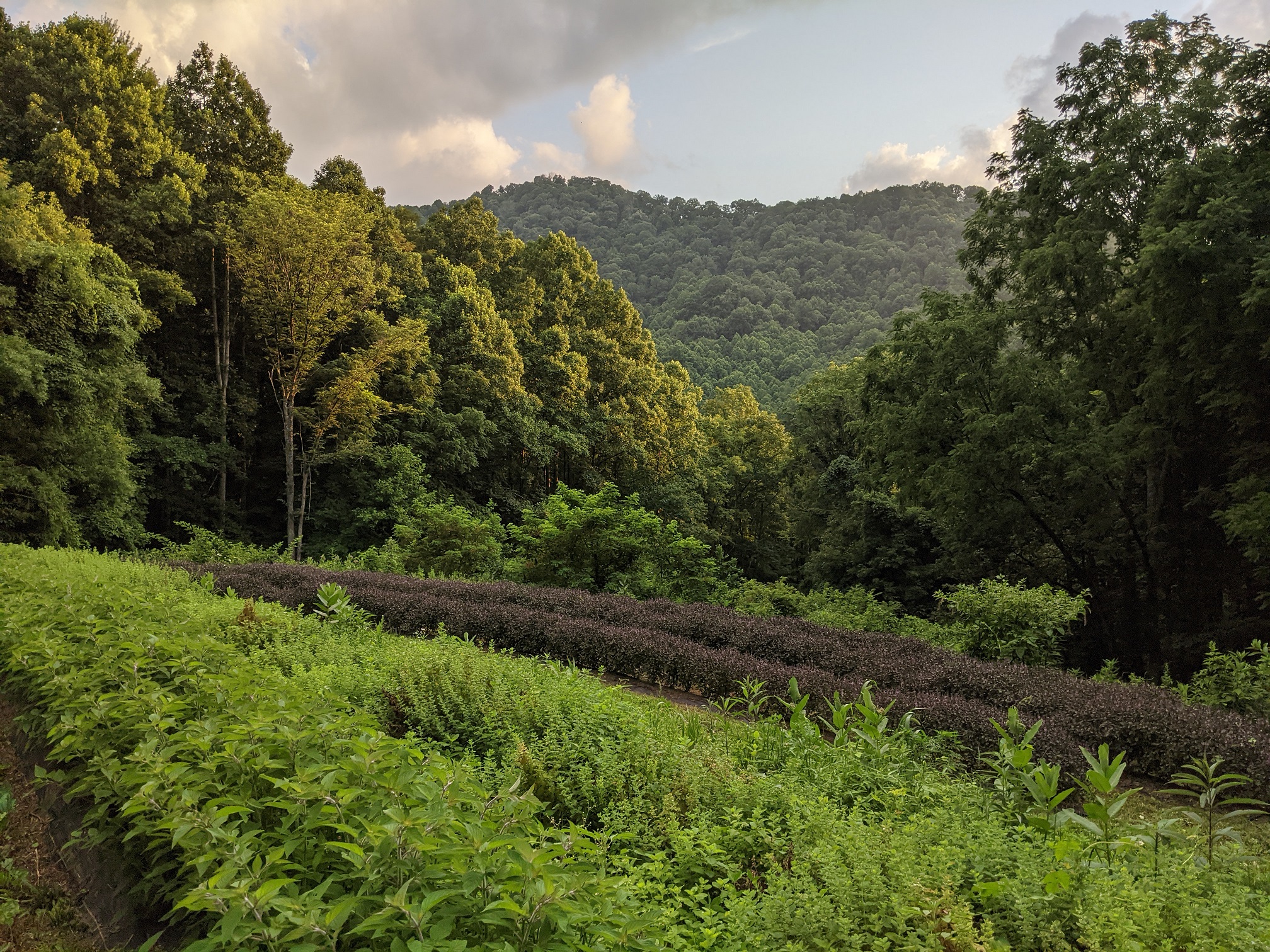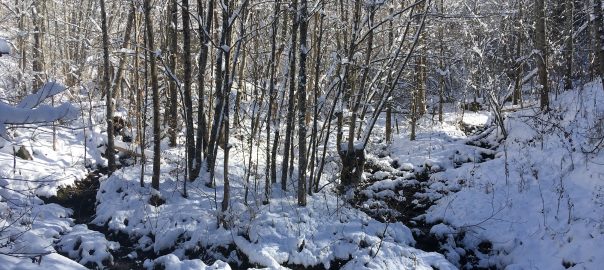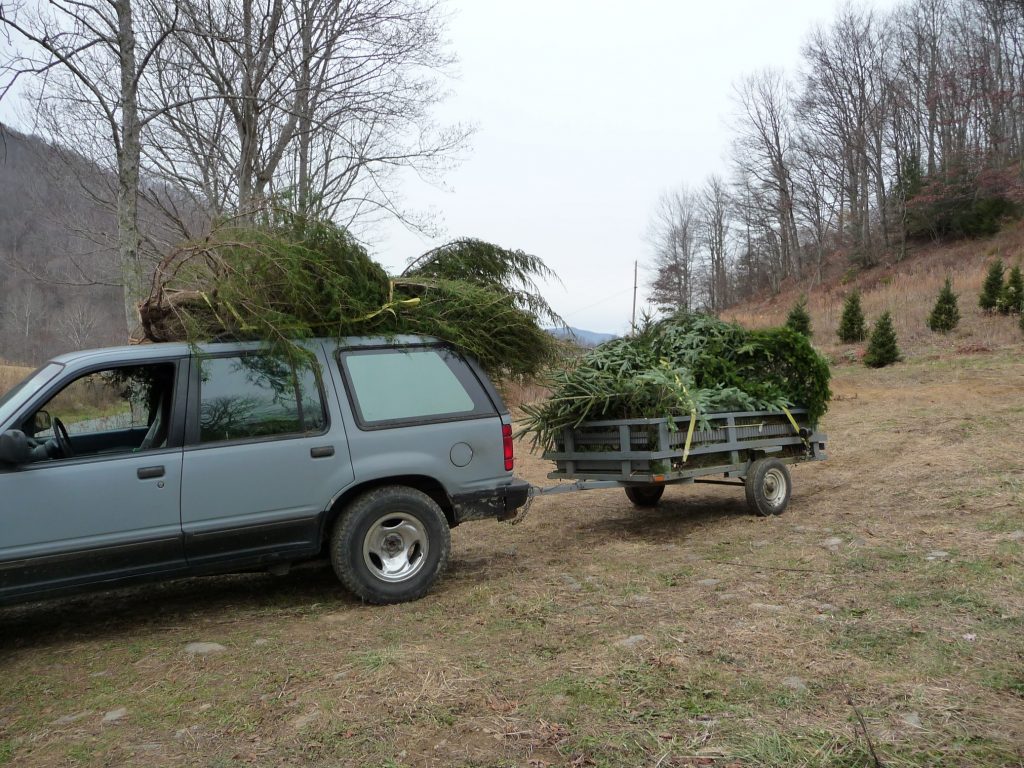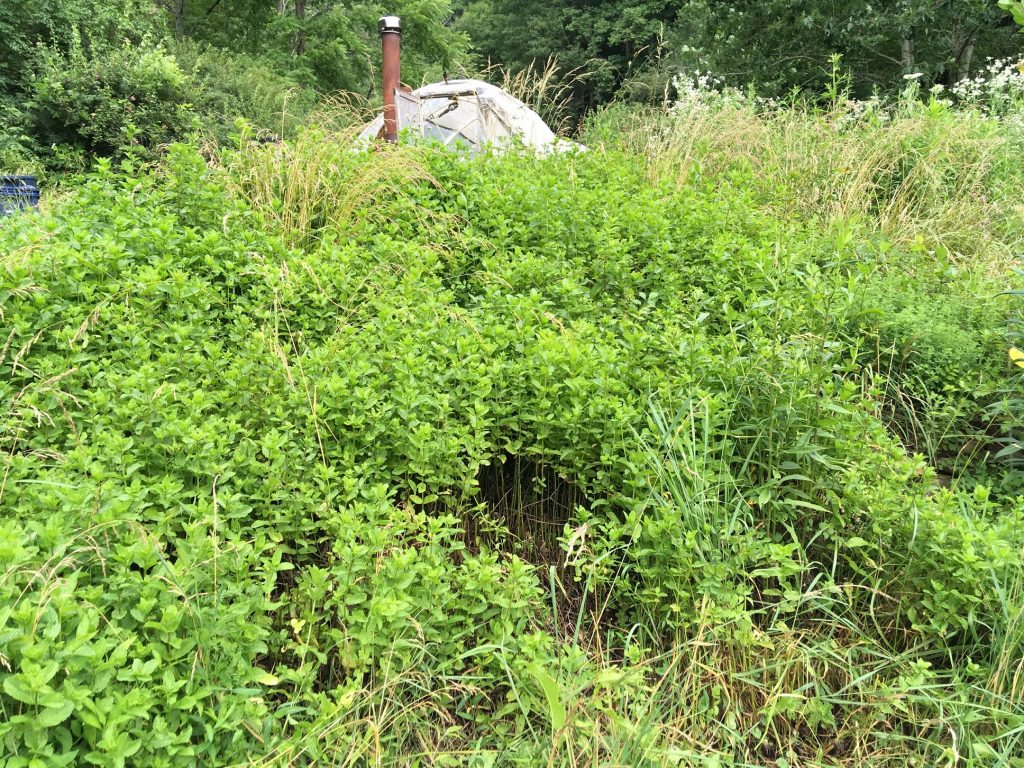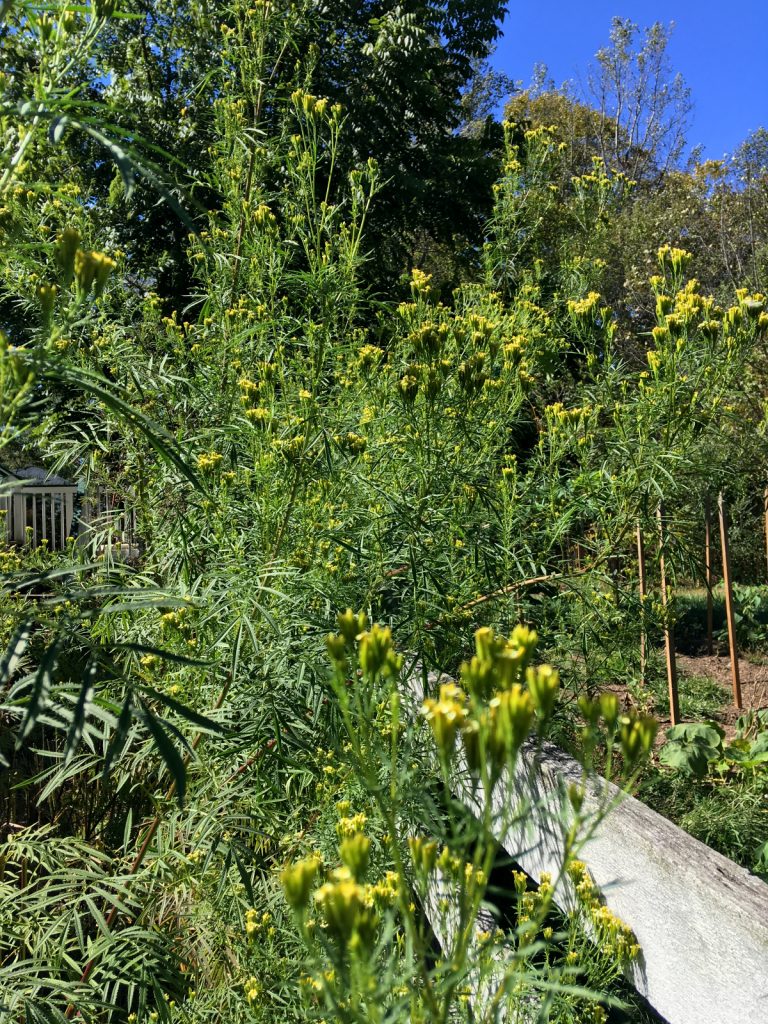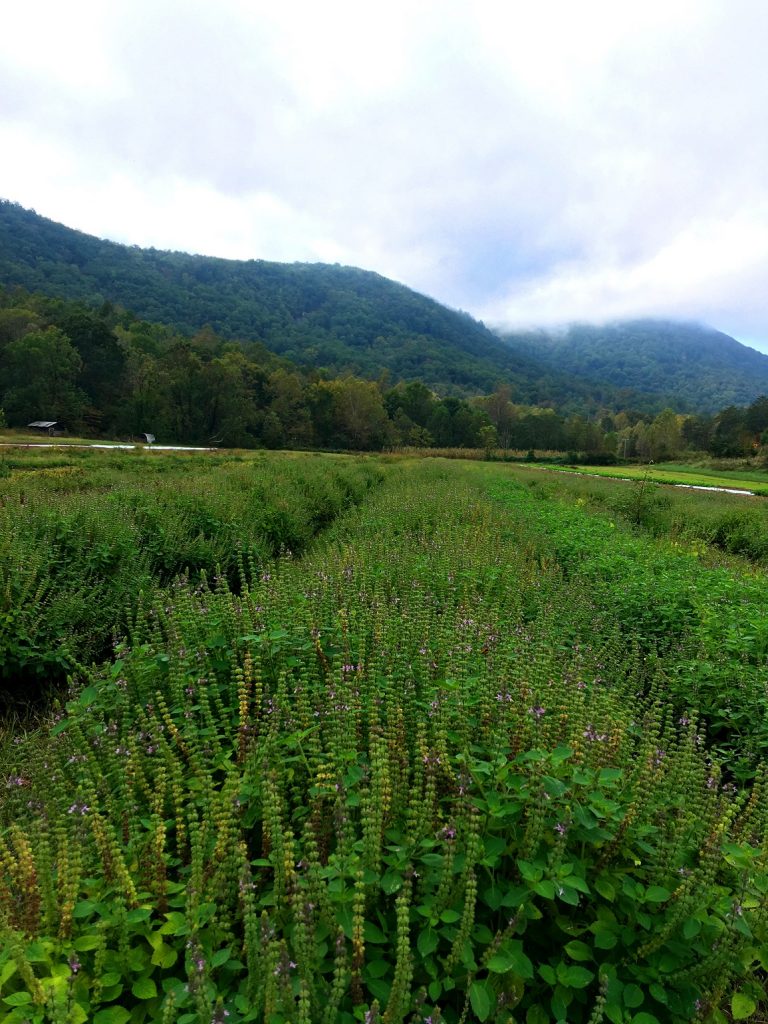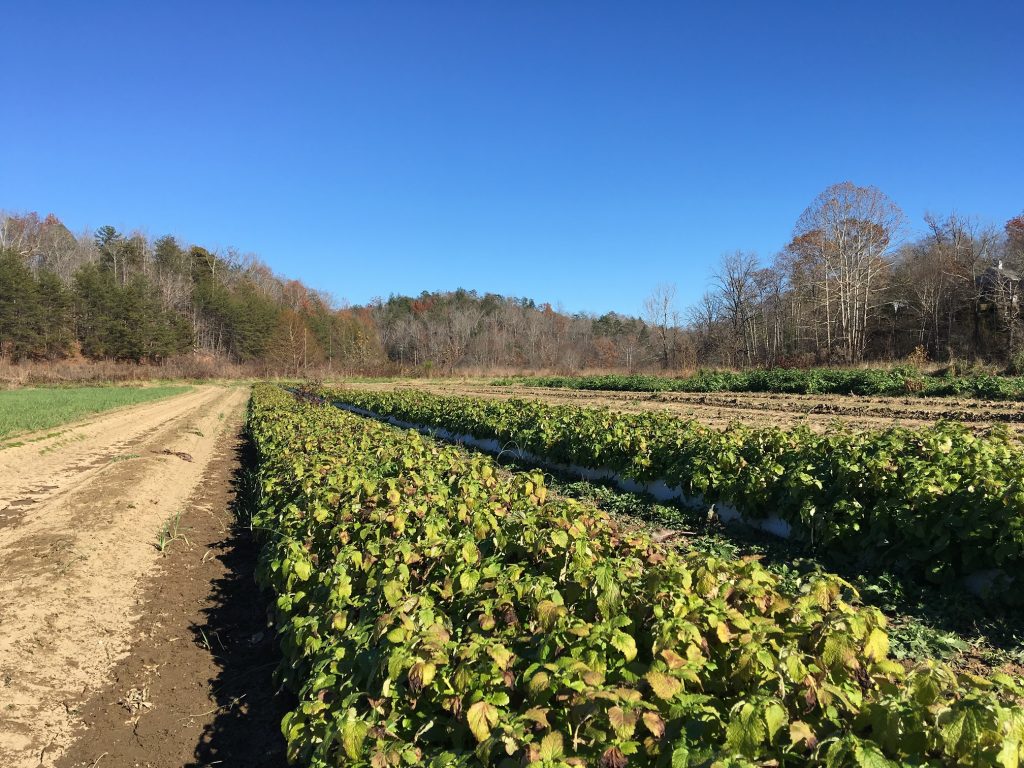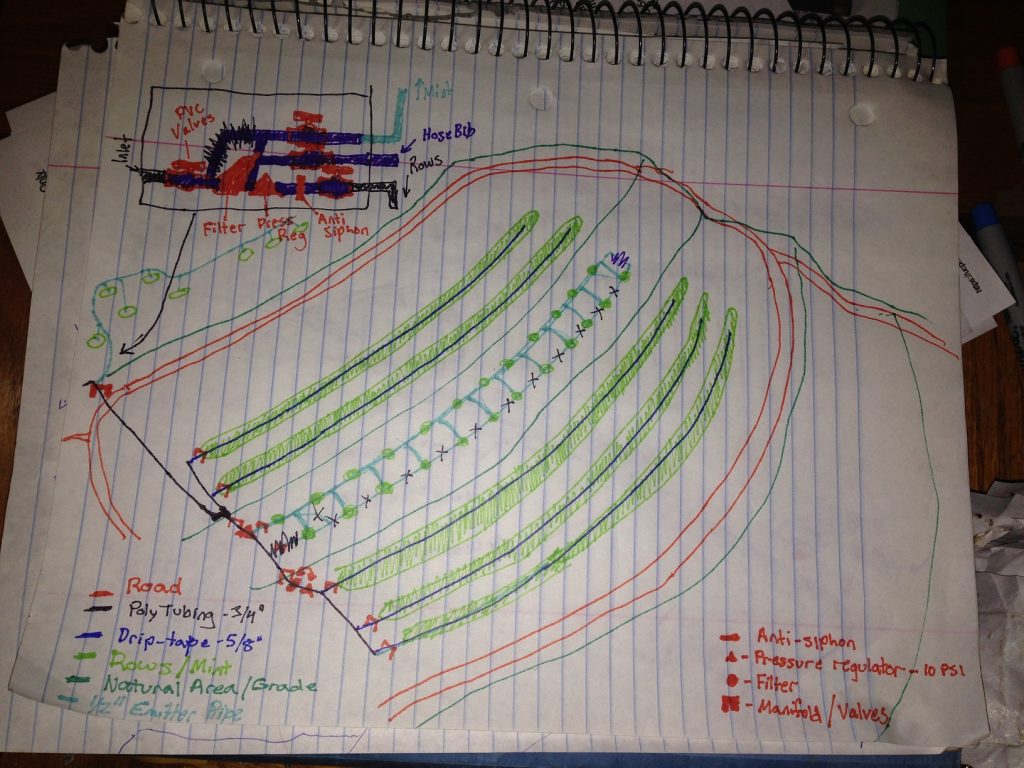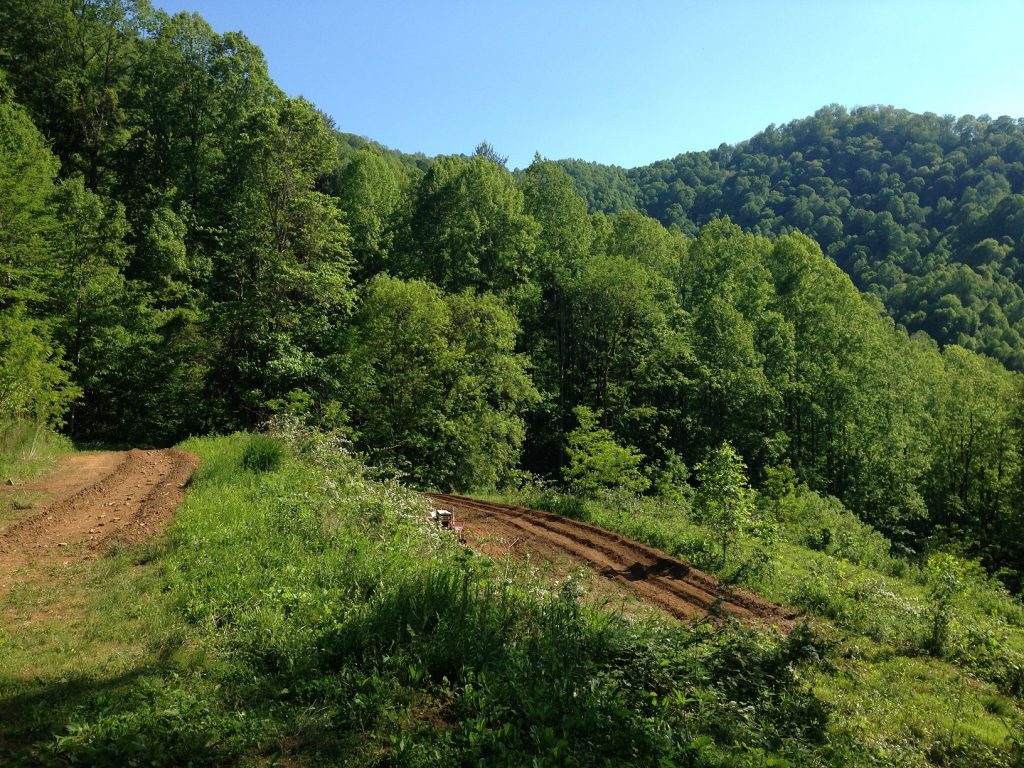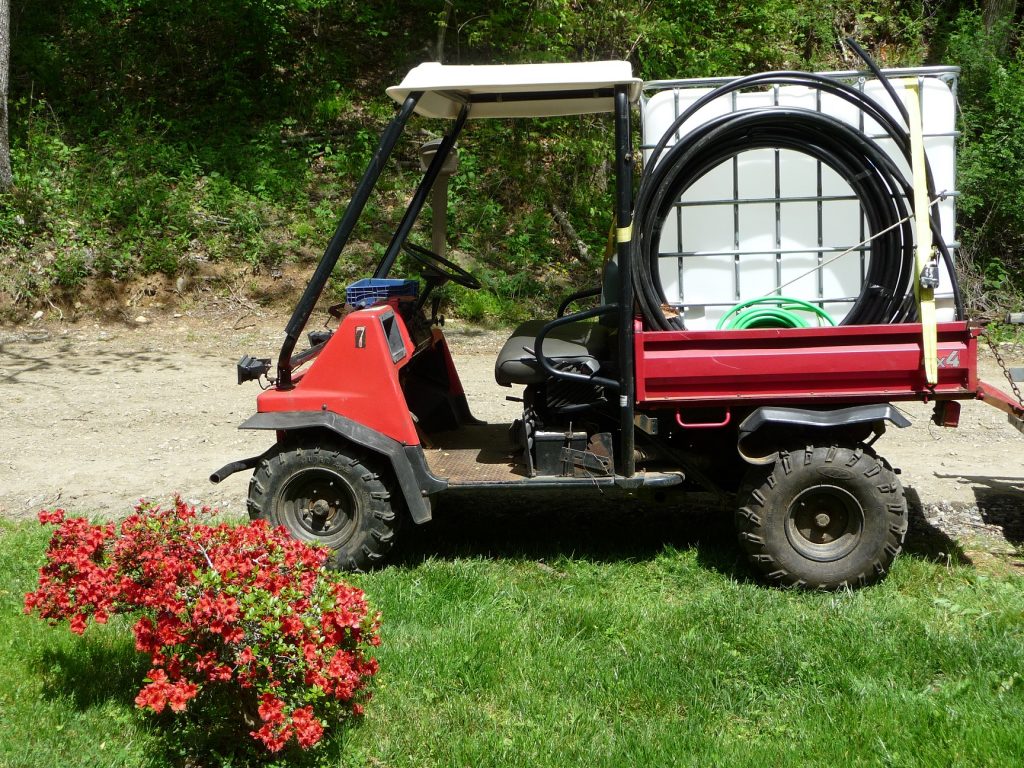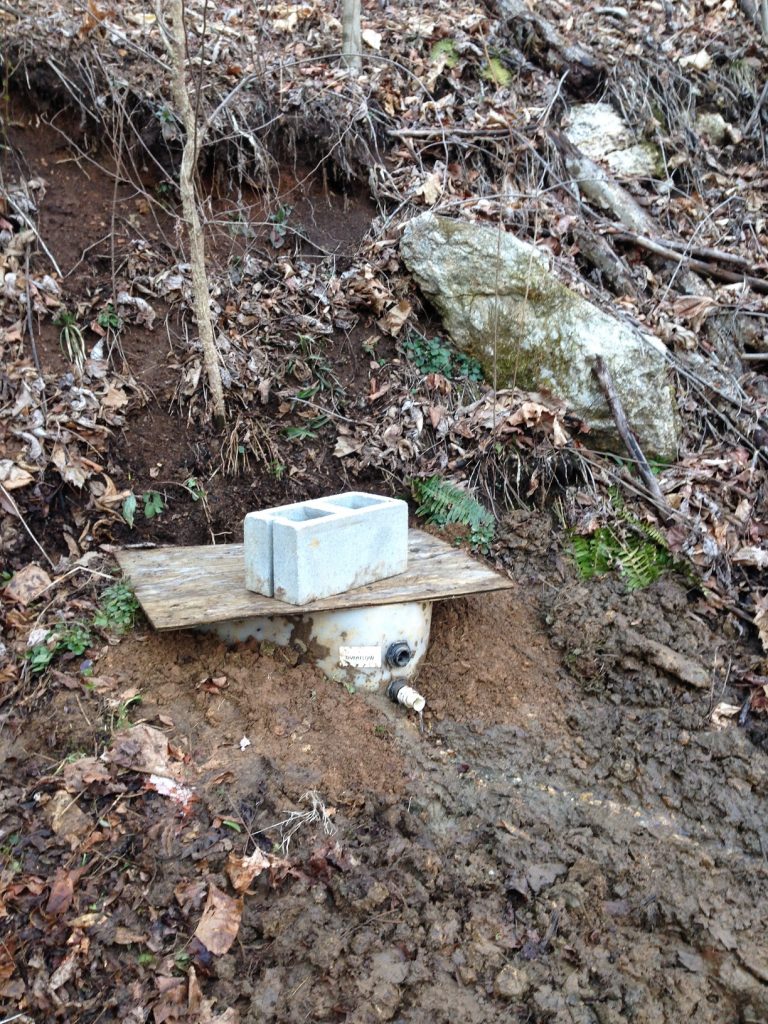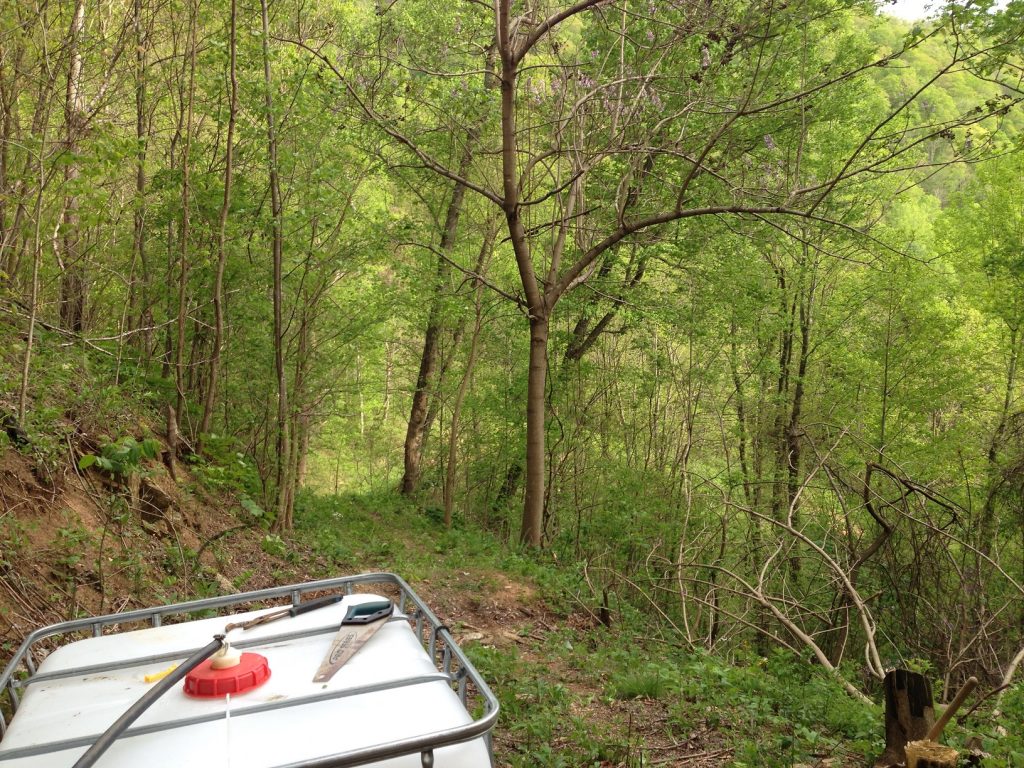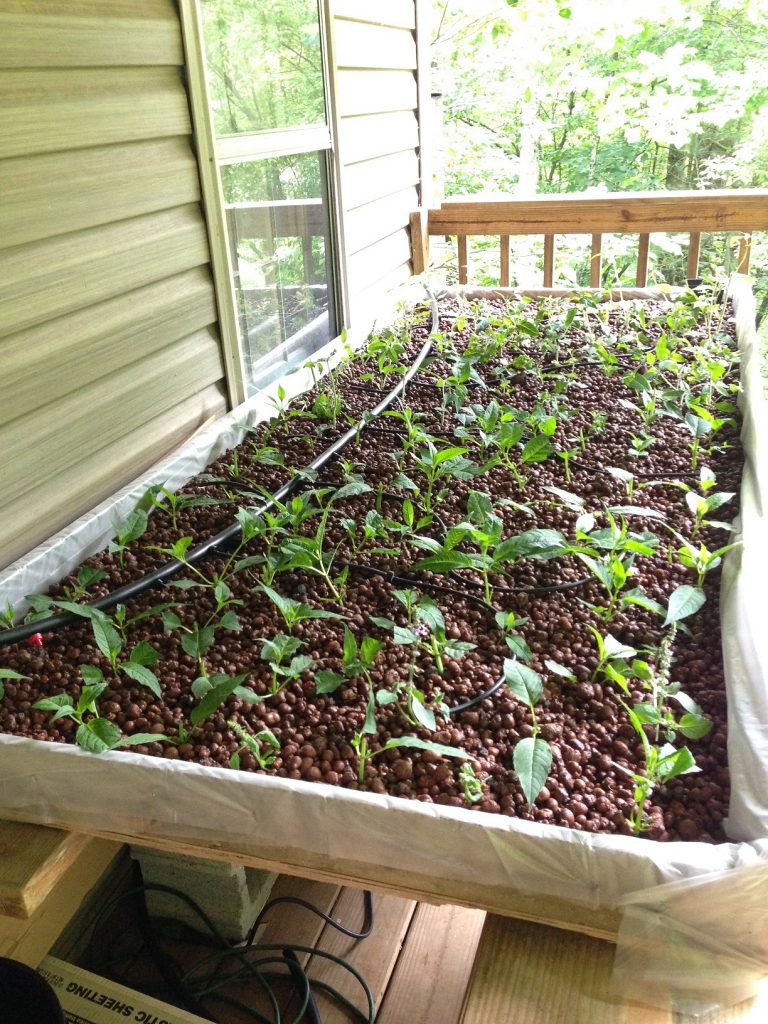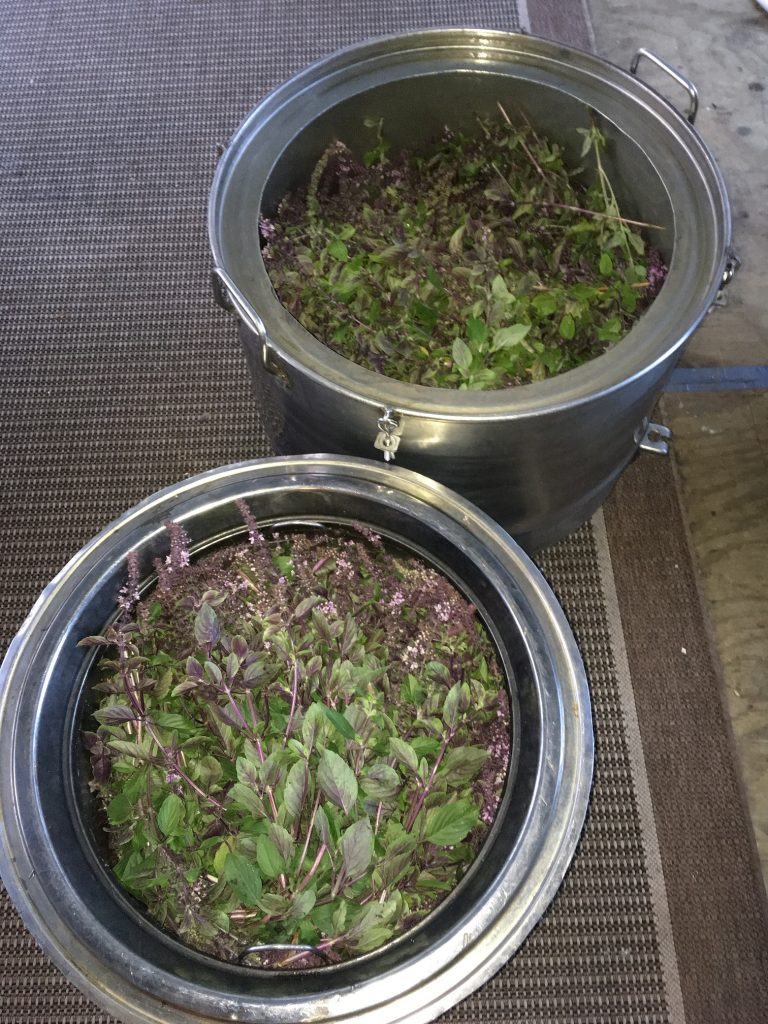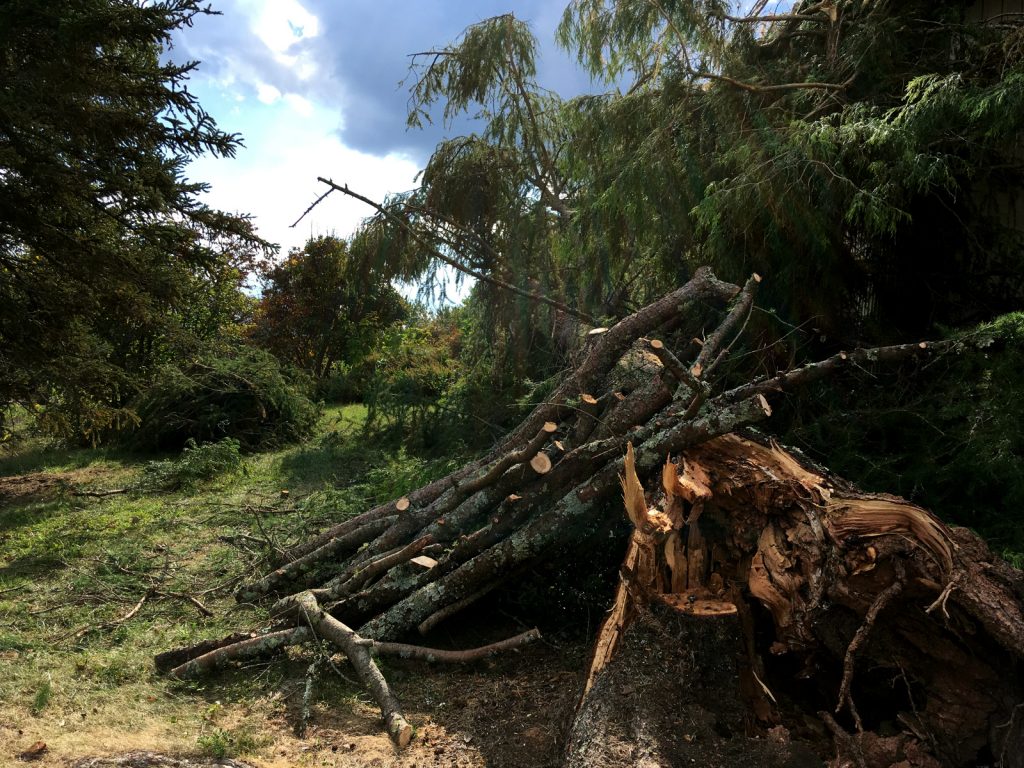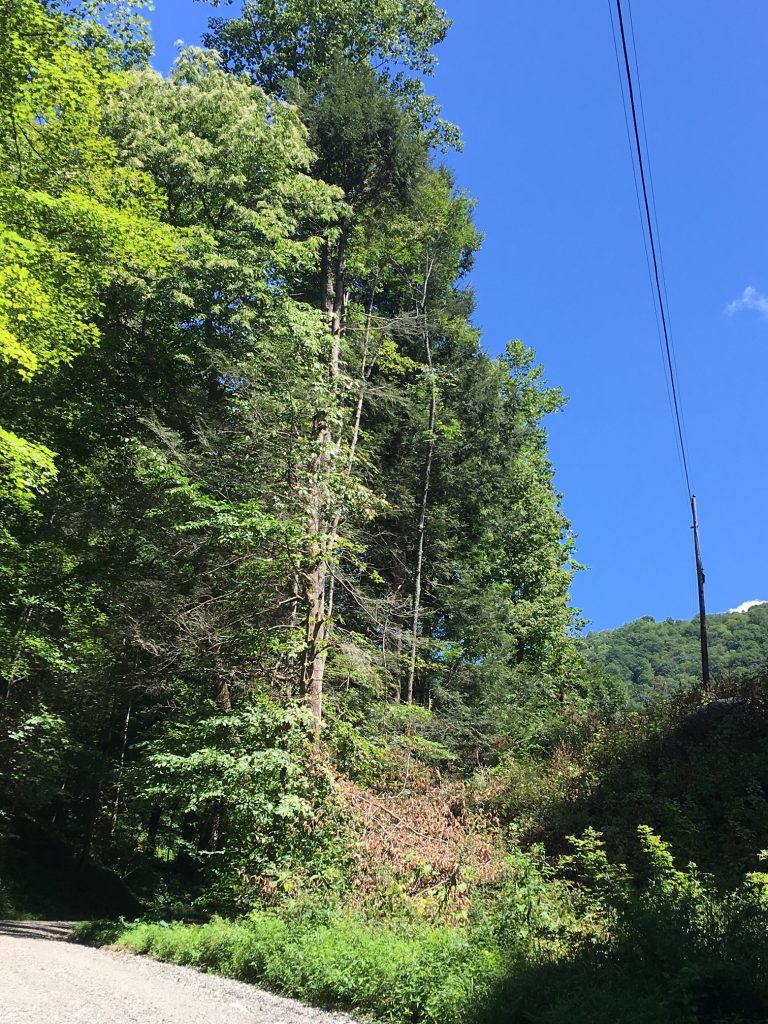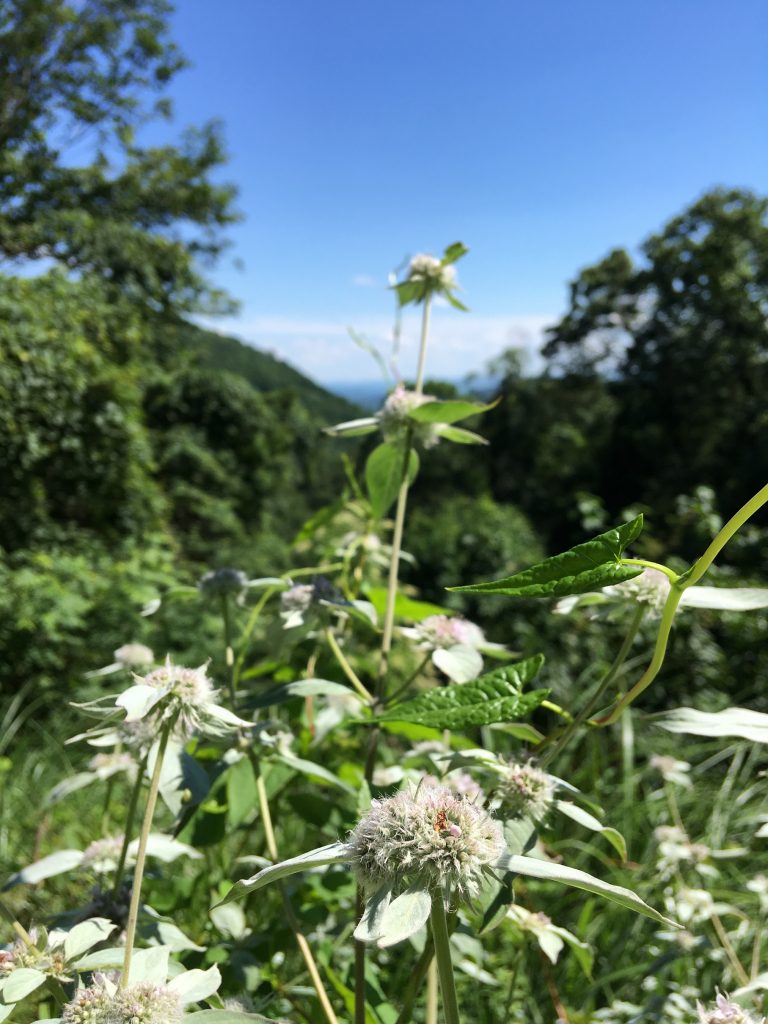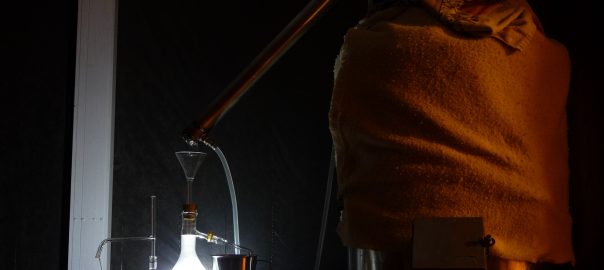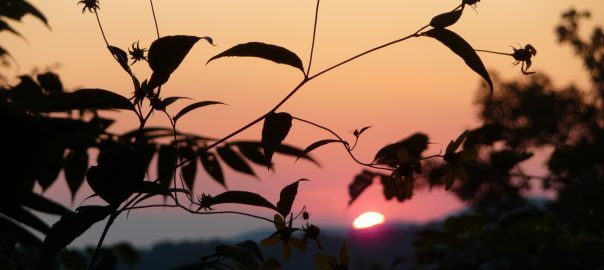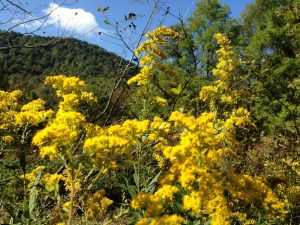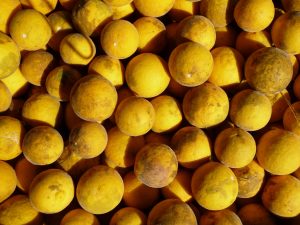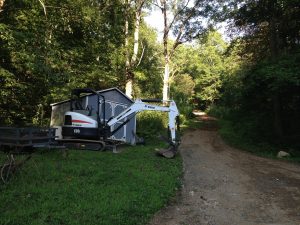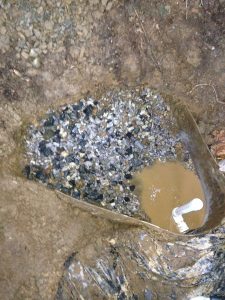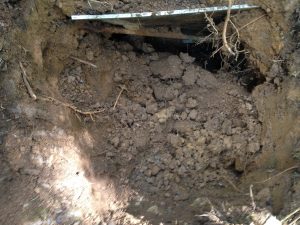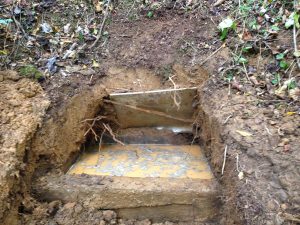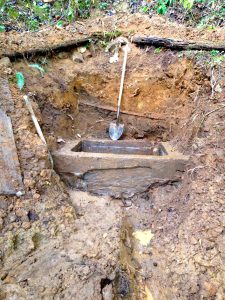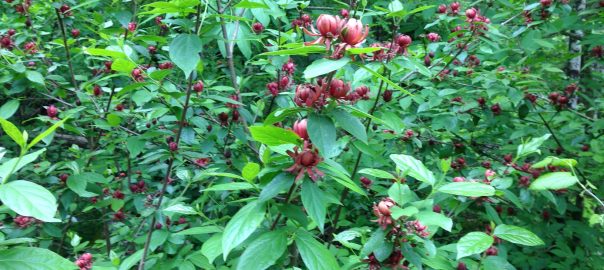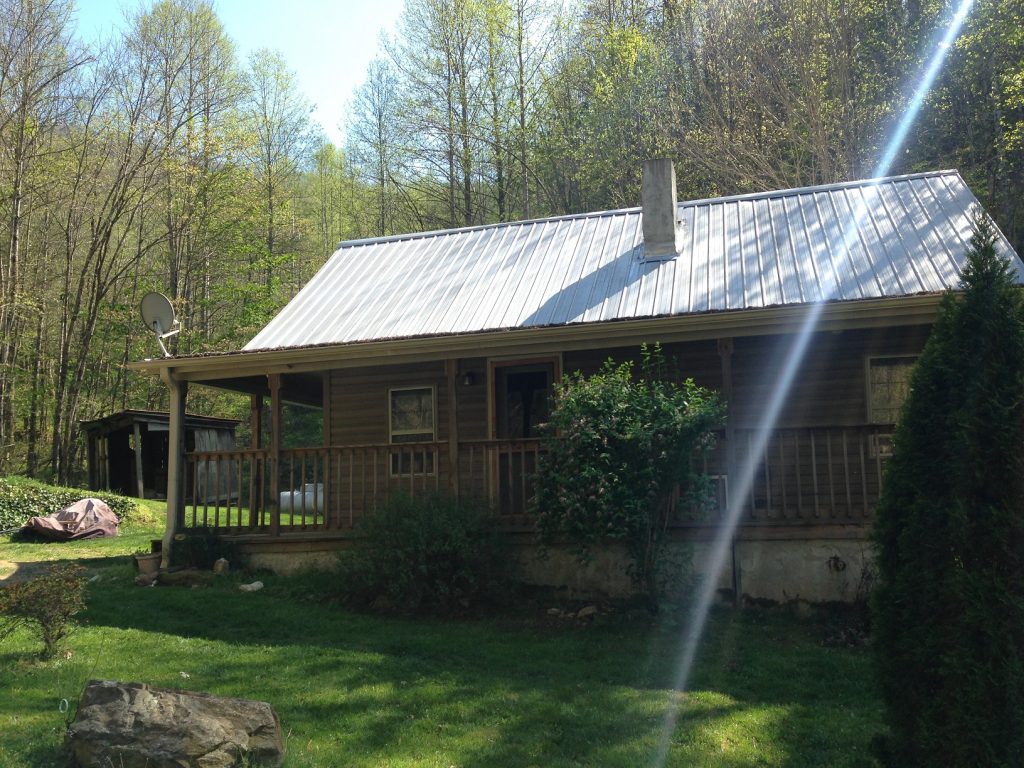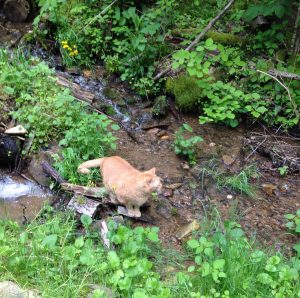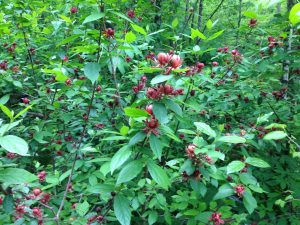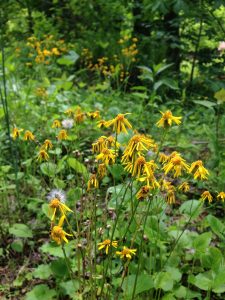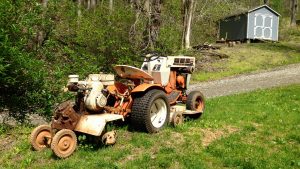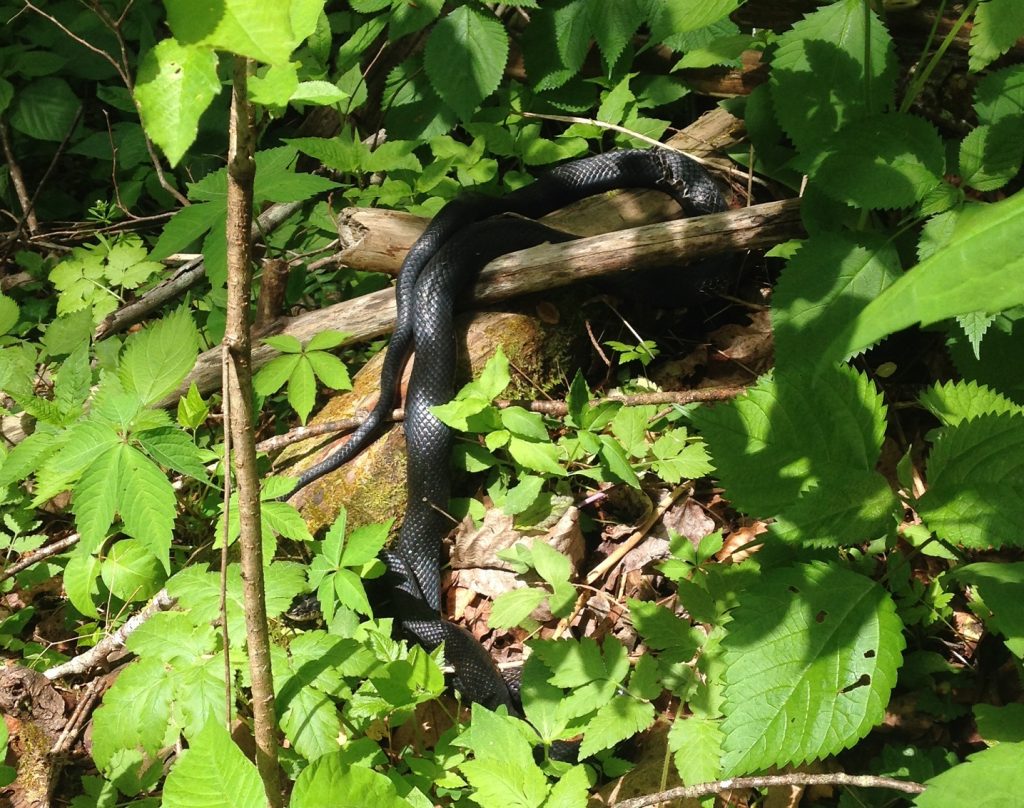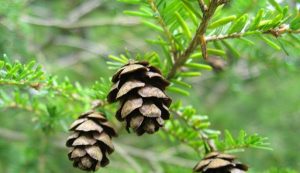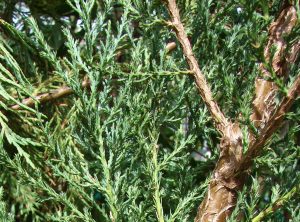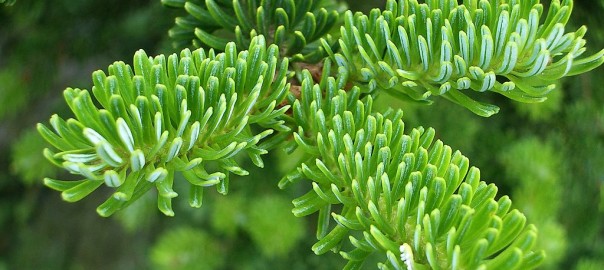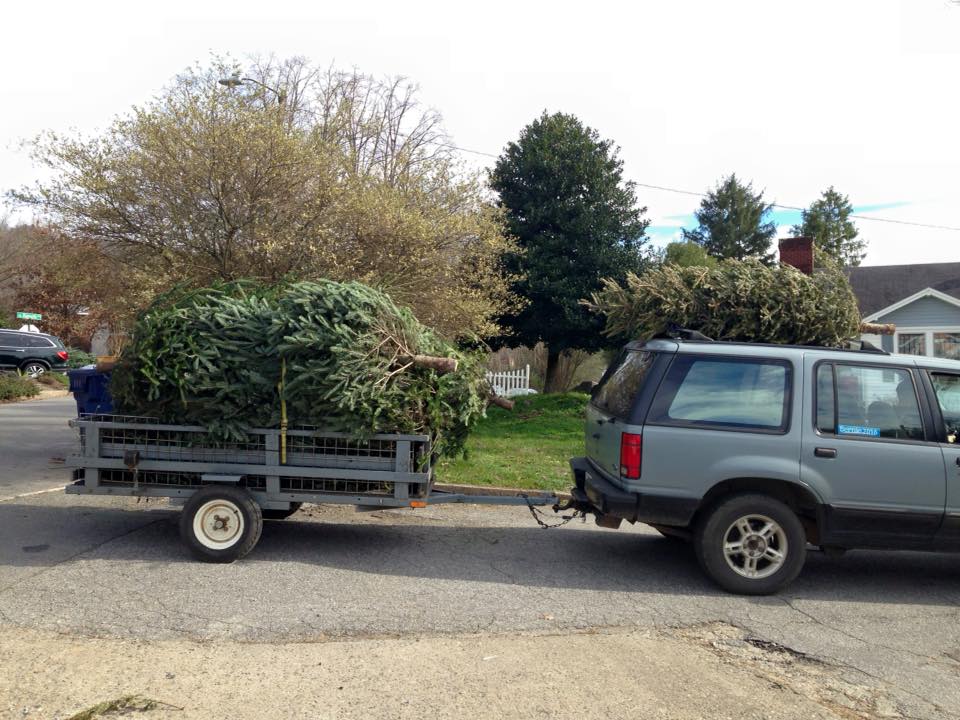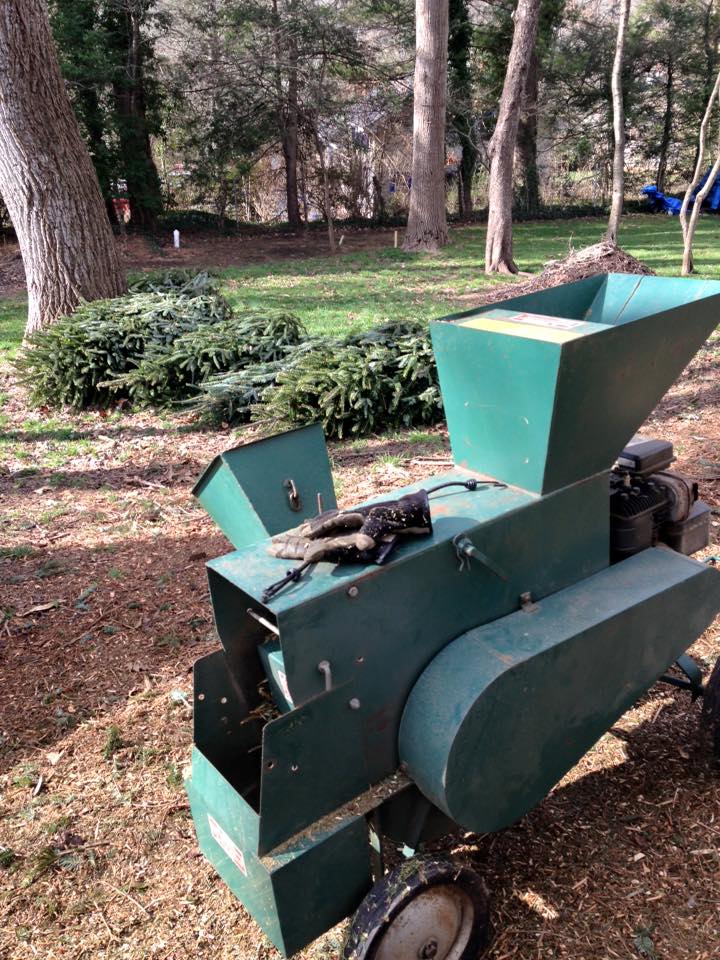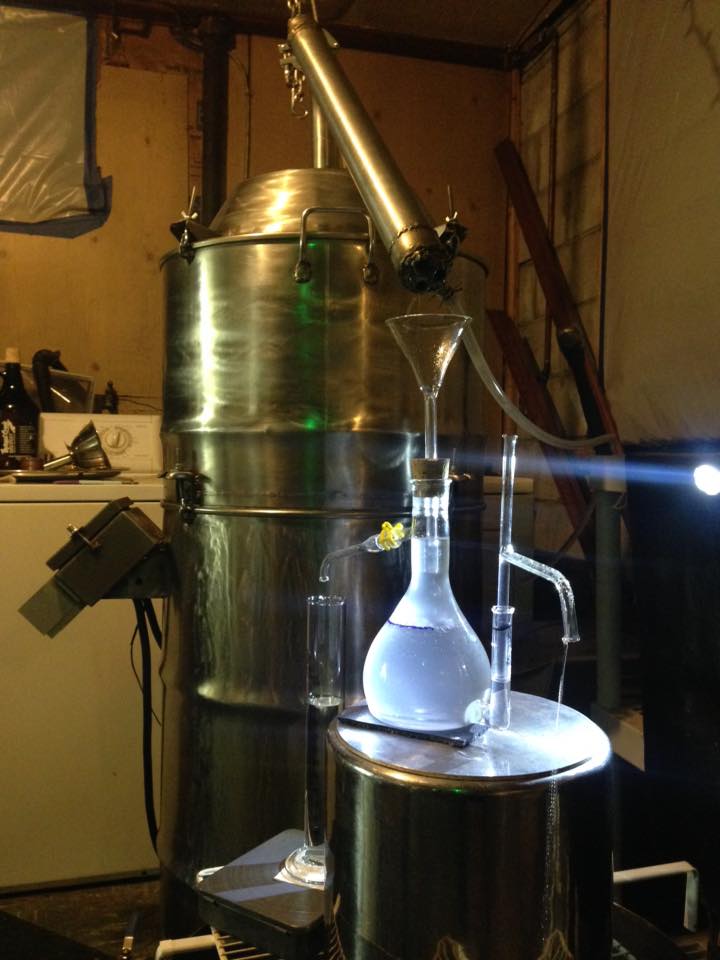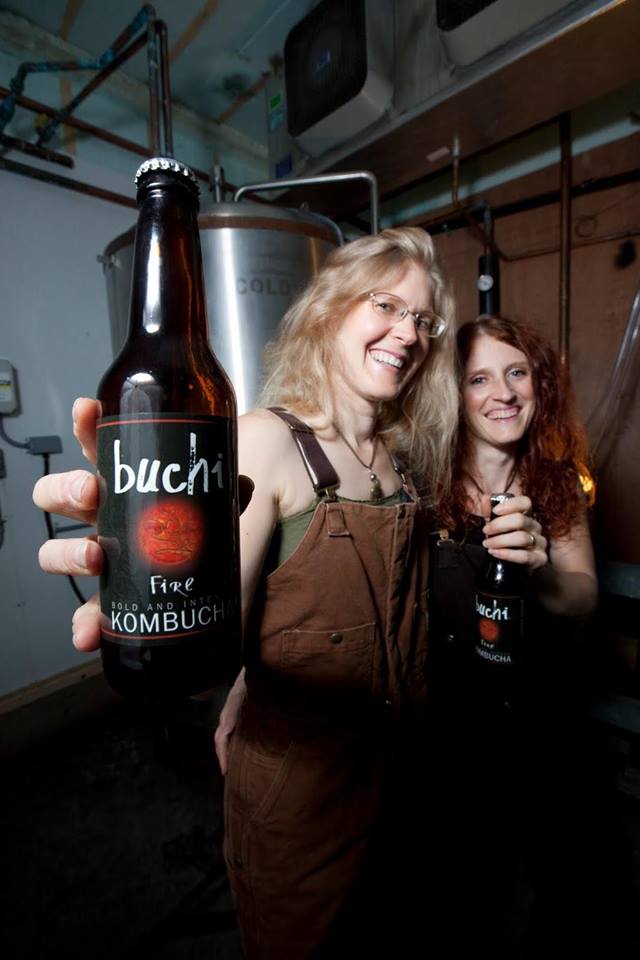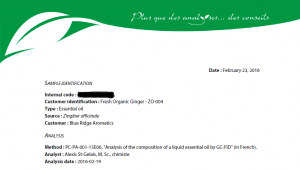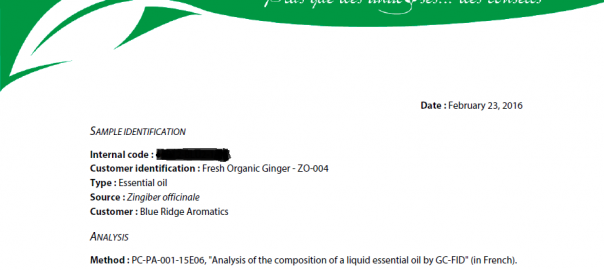Well it has been some time since I published a blog post here… A few years, lol. Blue Ridge Aromatics is still going strong but has been through some changes and challenges; all for the better. I’ll talk about it here.
The Royal “We”
I want to start by saying that I haven’t been entirely forward with you in terms of how I talk about the company. In the past, I have generally used “We” to talk about Blue Ridge Aromatics. The truth is, it is just me, Ian (and my sweet fat Tabby cat Tito). This always bothered me as I felt it was disingenuous to use “we.” In business school, we were taught the dominant language of business but a lot of it is just posturing and fluff. Having built this company with the core principles of transparency and authenticity, it feels like “we” is a misrepresentation of the scale and reach of Blue Ridge Aromatics. So, moving forward, I will dump that business speak and just be real.
Expansion
I started the process of applying for a grant in order to expand Blue Ridge Aromatics back in early 2019. After several months of writing, calculating and presenting business plans, a $10,000 grant was awarded by NC Idea! One of the reasons I haven’t posted here since late 2017 is that I was waiting to complete the expansion before my big happy announcement. Here it is more than 2 years later and I’m still working on that expansion!
You may ask, “what form of expansion are you doing and why haven’t you finished?” Great question! Since moving to the Forest Farm in 2016, I have been doing all of the distilling on my screened back porch. Getting into a dedicated workshop space was first priority; especially for those cold winter days. So with a portion of the grant funds I got a large shed and outfitted it with electricity and spring water.
It’s still a work in progress but just last week I ran my first distillation in the new distillery building! All of the time and planning that went in to designing the space has really paid off with better efficiency, easier material handling, easier cleanup and just a cleaner, more consolidated workspace overall! It really needs insulation though because it’s quite hot on summer days (especially while distilling) and quite cold in the winter. Another benefit of having this dedicated distillery space (outside of my small home) is that I will be able to better host visitors wanting to learn about distilling essential oils.
With the remainder of the grant funds, I purchased a lot of raw stainless steel materials to fabricate additional stills. You can see some of them on the left side of one of the above pictures. This part of the expansion has not come into fruition just yet; mainly because I have had to work a day job during the slow sales season (Spring & Summer) and haven’t had a lot of time to get back into design/fabrication mode. Having at least one additional still will help immensely, especially in late Summer/early Fall when crops need to be harvested and processed all around the same time. My goal is to finish the next still before then.
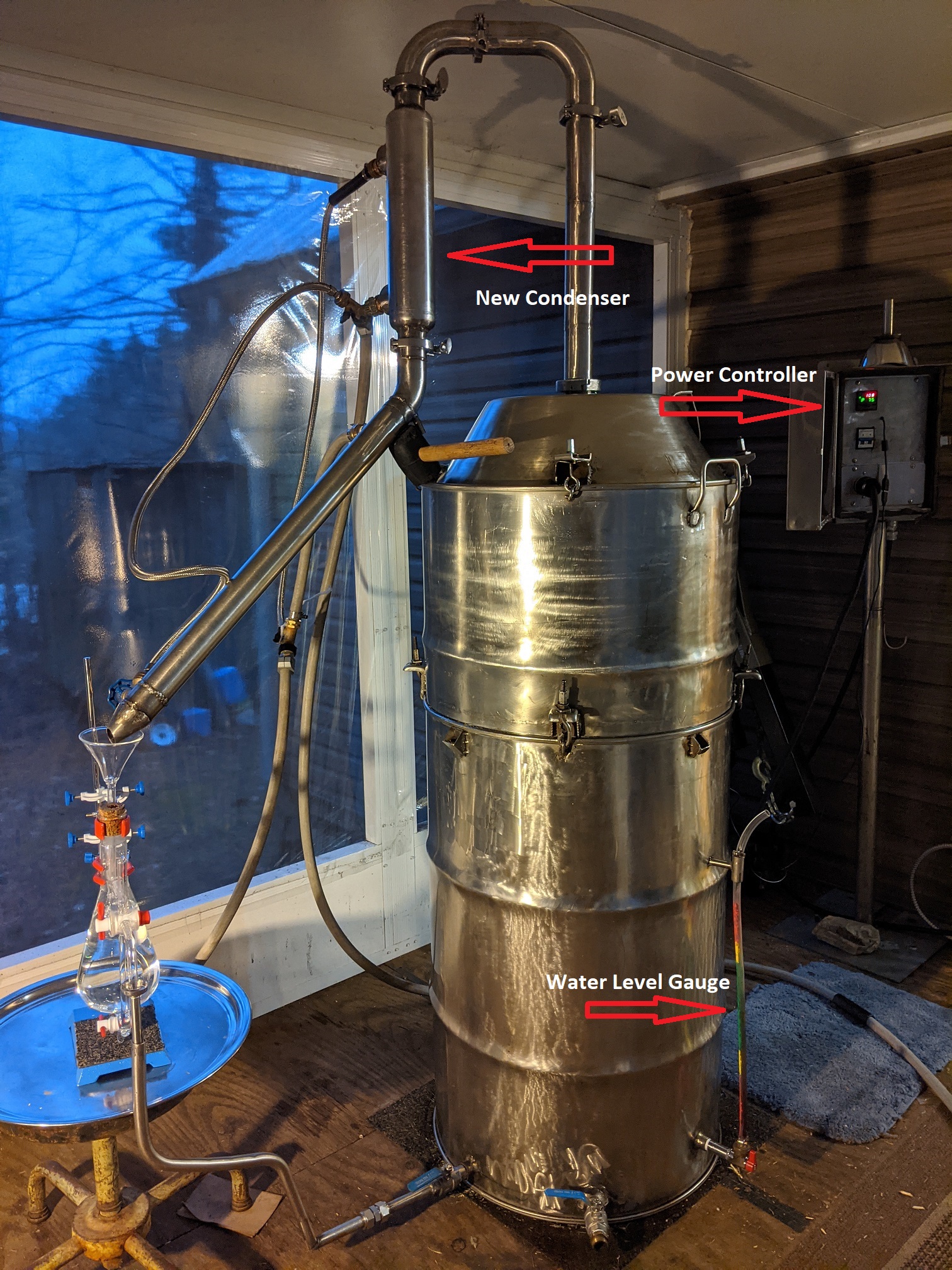
If you have been following for a while, you may notice a few changes to the original still. In February 2021 the still broke down due to some really wet lemon peels that raised the boiler water level to the point that some of the lemon peels were submerged. This caused the peels to dissolve and drop through the screen into the boiler below. The electric heating element got coated with the lemon mush and fried itself! Since I had to repair the still, I decided it was time to make a few upgrades I had been putting off. The first and most important was a water level gauge so I can see if it gets too high or low. It will also act as a pressure/water release if anything gets out of hand. The second was a slightly more powerful heating element combined with an electronic power controller. Lastly, I used one of the components I had purchased for a new still to upgrade this still’s condenser.
In simpler terms, these upgrades mean better heat control (oil quality and yield), better cooling control (much less water use, improved oil yield) and more reliability. It also means I can apply the lessons learned to the next still before it’s finished.
Crops
In a continuous effort to expand Blue Ridge Aromatics’ product offerings, I have embarked on growing additional herbs for distillation. This year (2021) I am growing: African Blue Basil, Lemon Balm, Vana Tulsi, Pineapple Sage, Hemp and a small test plot of English Lavender.
Except for African Blue Basil, Hemp and Lemon Balm, these are all pilot level crops for which I am unsure about the potential essential oil yields. I’m personally in love with African Blue Basil; it grows really well in this Southern Appalachian climate, yields a good amount of oil, attracts copious pollinators throughout the growing season and has a very interesting chemistry/aroma that is like mixing Lavender, Basil and Camphor.
As usual, these crops are drip-irrigated with gravity-fed spring water and without the use of any pesticides, herbicides, fungicides or even fertilizers. I do add compost (from spent distillation material) and organic soil amendments to the rows once per year when I plant. It’s really amazing (and fortunate) that these strong aromatic herbs have very few natural pests. In fact, the local deer help weed in and around the rows rather than eat the herbs! Below is a photo of “Sweetie,” a friendly Doe that’s been hanging around the last few years. This summer she has a shy little Fawn with her! Sweetie is particularly curious when I’m pulling weeds, cautiously approaching just a few feet away and checking out all the plants I toss!
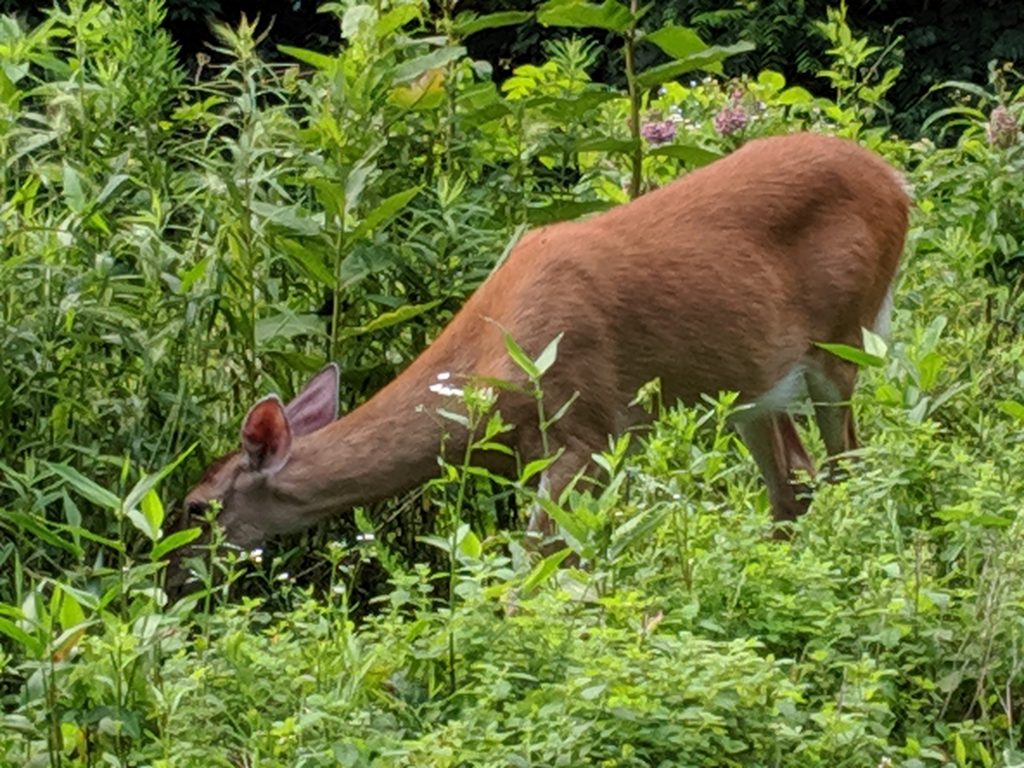
Running an Artisan Essential Oil Distillery During a Global Pandemic
Covid-19 has affected all of us and I feel deeply for those among us who have suffered loss and/or illness. I am very grateful that my family, friends and I have remained healthy and also that Blue Ridge Aromatics has survived.
As soon as the first news of Covid’s spread hit, all of Blue Ridge Aromatics’ retail store accounts stopped ordering. That represents about 30% of all revenue. I completely understand though; no customers = no re-stocking. Fortunately, website sales simultaneously increased. The additional website sales didn’t fully replace the retail store accounts but they facilitated the survival of the company. For this… for you, my customers, I am so grateful! I love working with these amazing aromatic plants and you are the reason I can keep doing it!
I have innate reservations about marketing; some of you may have surmised that by my lack of marketing for Blue Ridge Aromatics (or even social posting). When Covid-19 hit I became even more reluctant to market. Even though I make and sell natural health/body products, my reluctance stems from the sheer volume of misinformation around essential oils combined with not wanting to seek profit off of people’s suffering or vulnerability. So I have stayed away from social posting since March 2020. I’m not saying this was/is the right decision, maybe not; it’s just the decision I made based on my own sensibilities and perhaps, insecurities.
Now that I’ve gotten the “Royal We” thing out of the way, I feel more comfortable posting. But that isn’t the only way I’m changing the way I’m interacting with Blue Ridge Aromatics’ followers. Expect much more personal and story-like posts than in the past where I pretty much just said what was in stock or if there was a sale/promotion.
Looking Forward
We don’t know when (or if) this whole pandemic thing will end. However, it’s clear this is the new normal. What that means for Blue Ridge Aromatics: my energies will be focused on my website customers. That means keeping more of Blue Ridge Aromatics’ staple essential oils in stock, offering an increasing variety of essential oils and keeping quality, transparency and authenticity in the highest priority.
Blue Ridge Aromatics has some loyal but limited bulk customers that have been very supportive over the years. You know who you are and I can’t thank you enough for choosing to support artisan distillers! I will try to meet your needs moving forward, balanced with a need to increase the inventory/batches available for growing website sales.
I’ve also been thinking about the possibility of buying and reselling Curated Collection essential oils from a growing community of other artisan distillers in the US and abroad. This is a tough decision since part of Blue Ridge Aromatics’ value proposition is “We only sell what we distill.” That is mainly a means to ensure purity and quality (buying directly from the distiller). However, it would mean being able to stock ultra high-quality essential oils from popular species that I can’t cultivate or produce at this time. It also supports the artisan essential oil distiller community. Lastly, it could be the difference between having to work a seasonal job and putting 100% of my focus on Blue Ridge Aromatics. Eventually, I could see the Curated Collection spinning off into a distillers cooperative or non-profit. If you have an opinion about this (or interest) I really want to know it, so contact me or let me know in the comments below.
Thank you for taking the time to read this and for your purchases and support! Take Care! Love, – Ian
